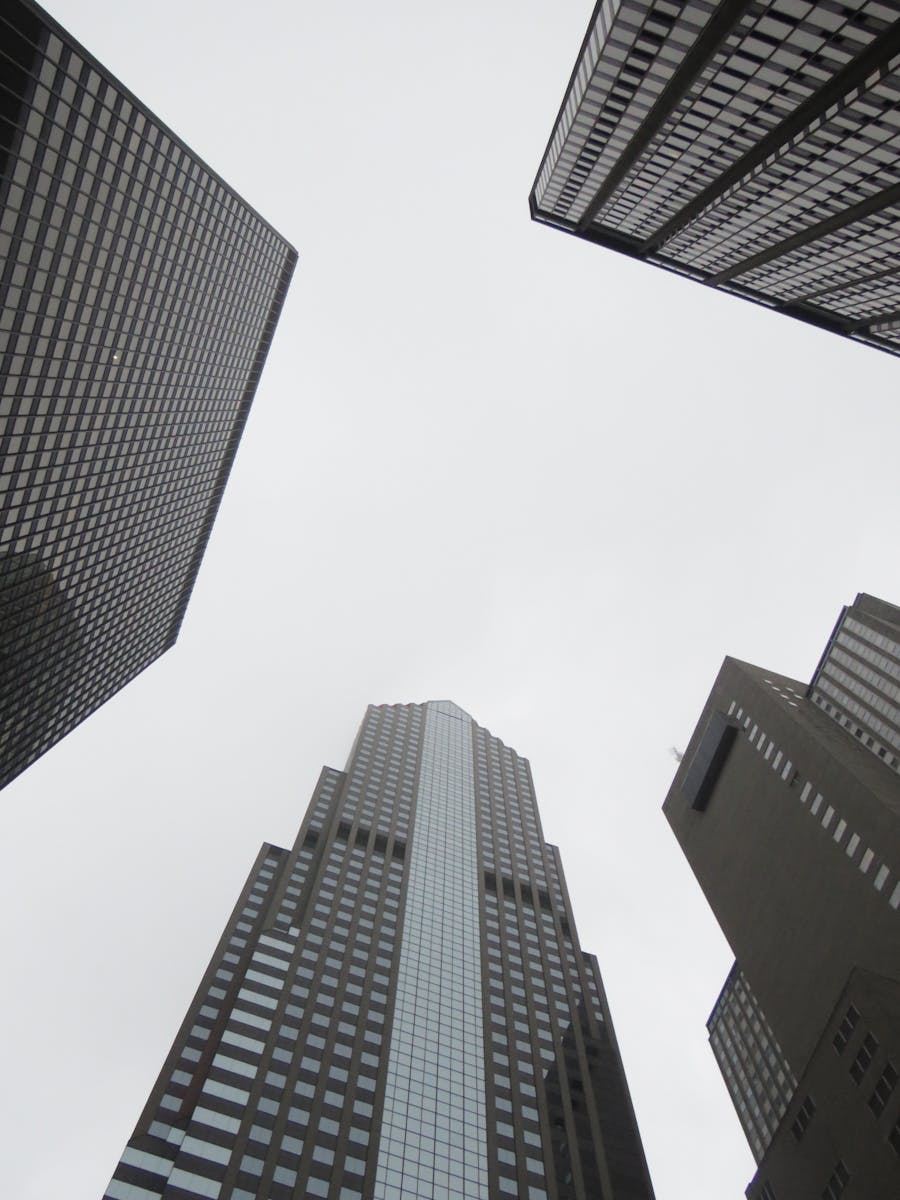
Canada’s Rebate Probe: Tesla’s Sales Surge Under Regulatory Microscope
In parallel to the adjustments and headwinds seen in the beverage sector, other major corporations in seemingly disparate industries are also navigating periods of significant challenge. One such example is the electric vehicle manufacturer Tesla, which has recently faced scrutiny over its sales practices and broader market performance.
Authorities in Canada, for instance, have reportedly placed a magnifying glass on electric vehicle rebates directed towards Tesla, following what was described as a strange bump in sales activity. Until officials can verify every single sale associated with these rebates, the Canadian government is reportedly withholding payment to the company.
Further adding to the pressure, Canada has also reportedly banned the brand led by Elon Musk from participating in future subsidy programs. This decision is reportedly linked to the existence of US tariffs currently imposed against Canada, creating a complex trade and subsidy entanglement for the company.
The scrutiny followed an astonishing period where Tesla reportedly sold 8,653 cars in just three days across four stores in Canada. This sales rate equates to roughly two cars per minute for three straight days, even including hours when the stores were closed, a figure that raised eyebrows among Canadian auto dealers.
Product on Amazon: VICSEED Tesla Phone Mount【Strongest Magnet Power】 Foldable Hidden Tesla Phone Holder Fit for All Phones, Tesla Model 3/Y/Cybertruck Accessories, Tesla Model 3 Model Y for MagSafe Car Mount
Brand: VICSEED
Binding: Product Group: Wireless
Price: 39.99 USD
Shopping on Amazon >>
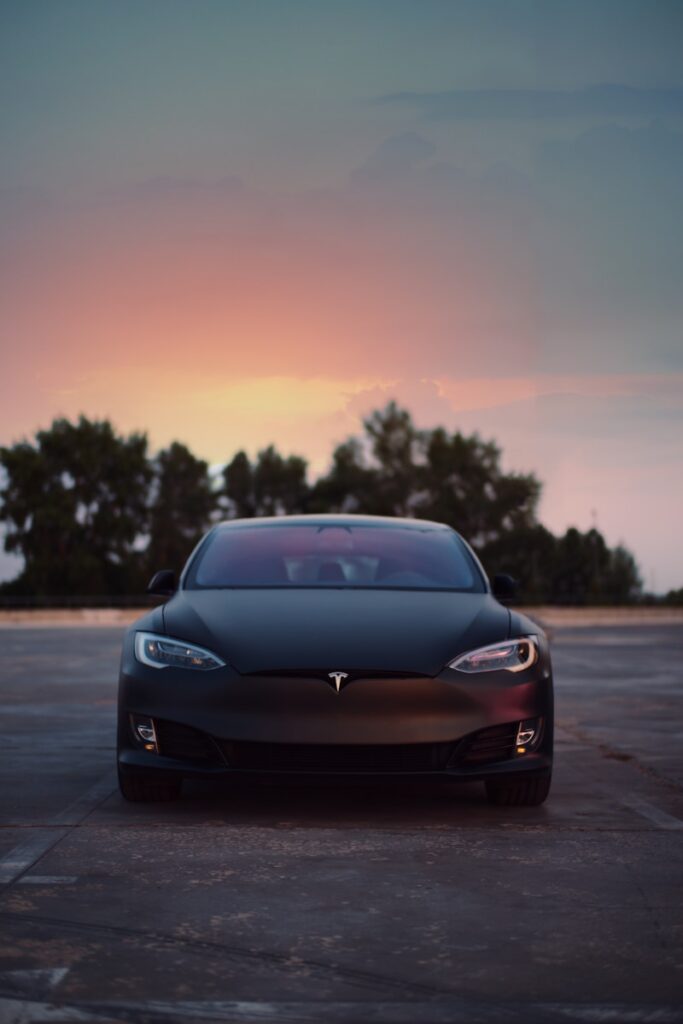
This surge in sales activity occurred right before Canada’s EV rebate fund was fully depleted. The confluence of these factors led Canadian officials to reportedly question whether Tesla had found a way to game the system to claim the maximum amount of rebates before the funds ran out.
Transport Minister Chrystia Freeland confirmed the government’s action, stating she directed her department to stop payments for Tesla vehicles “in order to fully examine each claim individually and determine whether all are eligible and valid.” She added, “No payments will be made until we are confident that the claims are valid.”
Minister Freeland also announced changes to future program eligibility criteria, directing her department “to ensure that Tesla vehicles will not be eligible for incentives so long as the illegitimate and illegal US tariffs are imposed against Canada.” This links the company’s eligibility for Canadian incentives to national-level trade disputes largely beyond its direct control, although Elon Musk is noted as having a close relationship with the American President.
The decision also had consequences for local dealerships. Minister Freeland mentioned that the government would reimburse more than 200 independently owned auto dealers who were reportedly left out of about CA$10 million after fronting rebates to customers based on the expectation of federal reimbursement which they could not file for.

Huw Williams, spokesman for the Canadian Automobile Dealers Association (CADA), reportedly welcomed the government’s move. He told the Toronto Star that CADA “has been shocked at the revelations that Tesla was somehow allowed to … take $43 million in rebates while locally owned dealers have been left holding the bag on funds advanced to customers on behalf of the federal government.”
Mr. Williams also expressed that while the freeze pending investigation was positive, it “should have happened months ago.” It is worth noting that Tesla has been a significant beneficiary of Canadian EV rebates, claiming $713 million since 2019, making it the largest recipient by a considerable margin.
Beyond the Canadian rebate situation, Tesla is also facing broader challenges in its core business. The company recently announced its results for the first three months of 2025, which reportedly represent the steepest sales decline in company history.
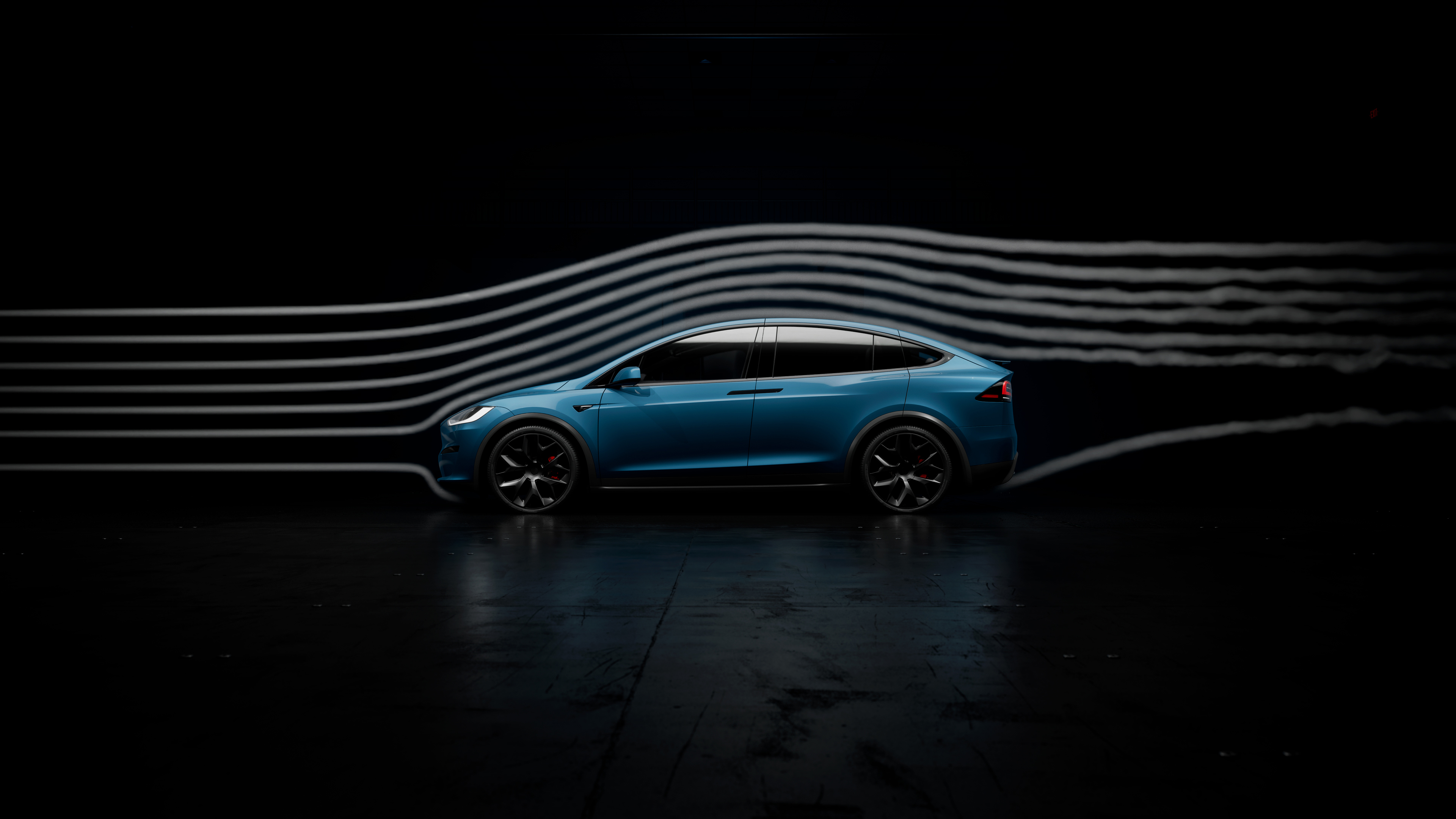
Tesla’s Sales Plunge: 2025 Q1’s Historic Drop and Cybertruck Stalemate
Deliveries fell by 50,000 vehicles during this period, totaling 336,681 cars, down 13% from the same quarter in the previous year. This marked Tesla’s worst quarter for deliveries since 2022, a notable slowdown compared to its historical growth trajectory.
Market analysts had largely anticipated a significant sales decline for the quarter. This expectation was based in part on unfavorable sales figures emerging from Europe and the fact that Tesla had temporarily closed some factories to implement updates on production lines for the new Model Y vehicle.
There was a hope among some observers that prospective buyers might have intentionally delayed their purchases while waiting for the updated version of Tesla’s most popular car to become available. However, social media reports indicated that the updated Model Y vehicles became available relatively quickly at the start of March.

Adding to concerns about demand, Electrek recently reported that Tesla currently holds approximately $200 million worth of its Cybertruck vehicles in unsold inventory. The “other vehicles” category in Tesla’s results, which includes models like the Model S, Model X, and the Cybertruck, saw a decline of 12,000 vehicles compared to the same period last year.
For some, this performance of the “other vehicles” category suggests that the Cybertruck, which represents Tesla’s truly newest vehicle launch since the Model Y, appears to be “dead on arrival,” using a phrase from the context. This indicates difficulties in generating significant sales momentum for the highly anticipated vehicle.
It is difficult to ignore the broader issues facing Tesla, particularly the intense politicization of the brand that has occurred under the leadership of Elon Musk. This factor is widely seen as contributing to challenges in attracting and retaining certain customer segments.
Product on Amazon: Hot Wheels Tesla Cybertruck, HW Rolling Metal 4/5 [Silver] 246/250
Brand: Hot Wheels
Binding: Product Group: Toy
Price: 26.49 USD
Shopping on Amazon >>
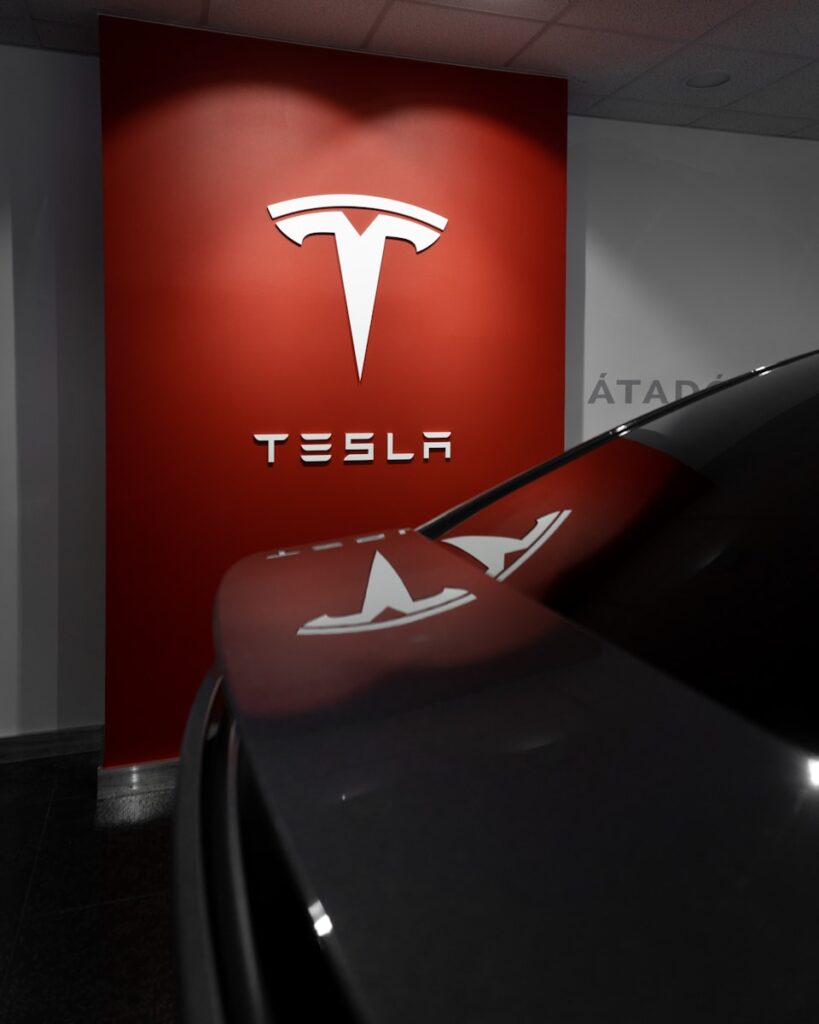
Musk’s Political Tangles: How Polarization Alienates Tesla’s Core Buyers
Recent polls in recent months have reportedly shown that a majority of Americans do not appear to favor Mr. Musk’s polarizing brand of politics. This sentiment is also reflected in worldwide protests, some of which have reportedly included acts of vandalism targeting the brand.
The traditional base of electric car buyers, often described as eco-conscious liberals, have reportedly been turned off by Mr. Musk’s right-wing views and his alignment with former President Trump. This alienation of a key demographic presents a significant challenge for the company.
While some conservatives may appreciate Mr. Musk’s substantial backing of the Republican party, his public persona and “cartoonish antics” can reportedly be grating to others. Furthermore, for supporters of the MAGA movement, expressing their values does not necessarily require the purchase of an electric car.
These consumers can signal their political identity by opting for large pickup trucks, which are less likely to result in them being “bullied or ostracized by half the country,” according to the context. They do not perceive a need to buy an electric car specifically to signal their values, limiting the appeal of Tesla to this segment despite Mr. Musk’s political leanings.
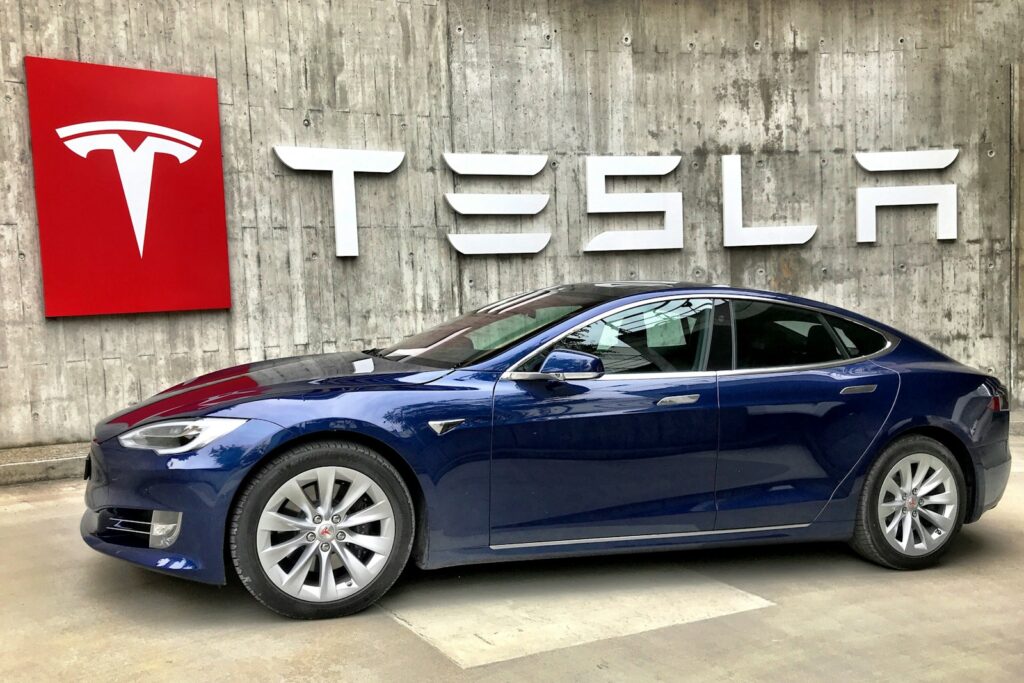
BYD’s Dominance: How Chinese Rivals Outpace Tesla in EV Innovation
Mr. Musk also recently experienced a political setback in Wisconsin. His chosen candidate in a state Supreme Court election there lost to liberal judge Susan Crawford, despite Mr. Musk reportedly spending $26 million on the race with support from former President Trump in an attempt to flip the court’s liberal majority.
The sentiment among voters in Wisconsin, where the state chose Trump in the presidential election, reportedly suggests they do not approve of Mr. Musk’s perceived attempts to influence local elections or his stance on the federal government. This indicates that his political influence may not translate directly into electoral success, even among those who support the former president.
On the competition front, Tesla is facing fierce challenges globally, particularly from Chinese manufacturers. China’s BYD, for instance, is reportedly outselling Tesla once again, with sales of 416,000 electric vehicles in the first quarter, significantly exceeding Tesla’s delivery numbers for the same period.
BYD has reportedly managed to “run circles around Tesla” in China, which is Tesla’s second-largest market. BYD offers affordable cars while simultaneously delivering impressive performance specifications, including high-speed charging capabilities and free self-driving functionality, all while actively opening new factories around the world.
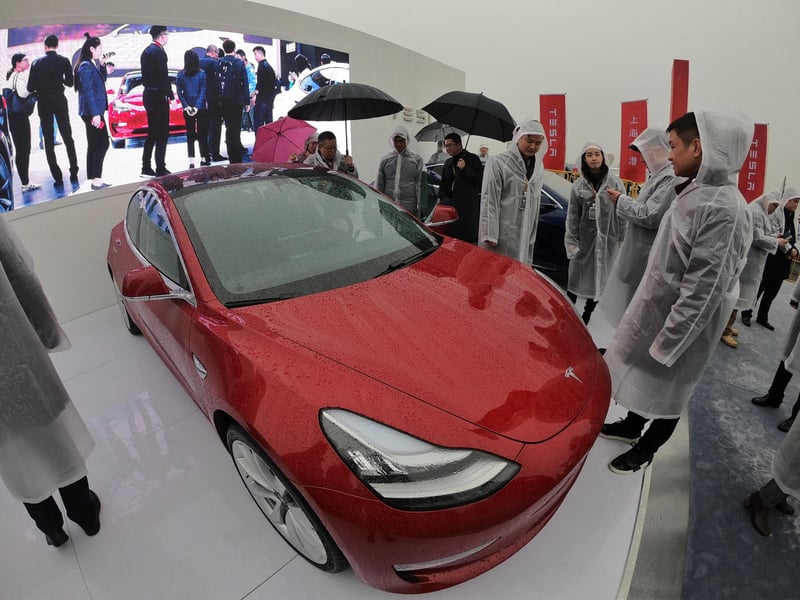
In contrast, Tesla’s current line of vehicles is described as “stale” in markets like China, where buyers reportedly demand newness and rapid innovation. This lack of product refresh is reportedly not ideal in a market like China, contributing to Tesla’s challenges there, where sales of its China-made vehicles fell 11% in the first quarter.
Despite the struggles in vehicle sales, Tesla’s market valuation remains exceptionally high, exceeding $800 billion. This valuation is significantly higher than that of traditional automakers like Toyota and Ford, despite these companies selling many more vehicles annually.
The justification for this elevated valuation, according to some perspectives presented in the context, rests on Tesla’s claims that it is not just an automaker but fundamentally a robotics and artificial intelligence company. The company has articulated a vision where it plans to create robots capable of replacing humans on factory lines.
Furthermore, Tesla’s vision extends to its vehicle fleet, with claims that all cars currently on the road will eventually be replaced by autonomous Cybercabs. These futuristic ventures into robotics and self-driving technology are presented as the basis for the company’s high valuation, projecting significant future growth and profitability from these areas.
Product on Amazon: gidoyi Toy Car Model x, Pull Back Car Toys Alloy Vehicles with Lights and Sound 1:32 Scale Model Car (Blue)
Brand: gidoyi
Binding: Toy Product Group: Toy
Price: 19.99 USD
Features:
1. Made of zinc alloy with ABS plastic parts
2. 5.9 inch x 2.2 inch x 1.8 inch(size)
3. The two sides of doors could be opened,front and back covercould be opened too
4. You can pull back the car,then it can move forwards with Lights and Sound
5. Very suitable as children 4 years and up toys for birthday,Christmas gift, new year. Also it can be a gift for your boyfriend
Shopping on Amazon >>

However, some observations cast doubt on Tesla’s leading position in these emerging fields. A recent robot marathon held in Beijing reportedly suggested that Tesla’s Optimus robot prototype may be trailing behind Chinese competitors, which are described as appearing much more agile in their current development stage.
A key question arises for those who accept Mr. Musk’s premise that Tesla’s future lies primarily in futuristic robotics and AI rather than vehicles. If the company’s primary source of revenue, selling cars, continues to face challenges and potentially “dries up,” the question becomes how Tesla will fund the substantial investments required to realize its ambitious goals in these advanced technology sectors.
The context suggests that Tesla, while once a clear front-runner in the electric vehicle space, has seen its competitive advantage, or “moat,” all but evaporate. This situation is exacerbated by the perception that its CEO is distracted by political activities, which have reportedly contributed to tarnishing the brand’s image among certain consumer groups.
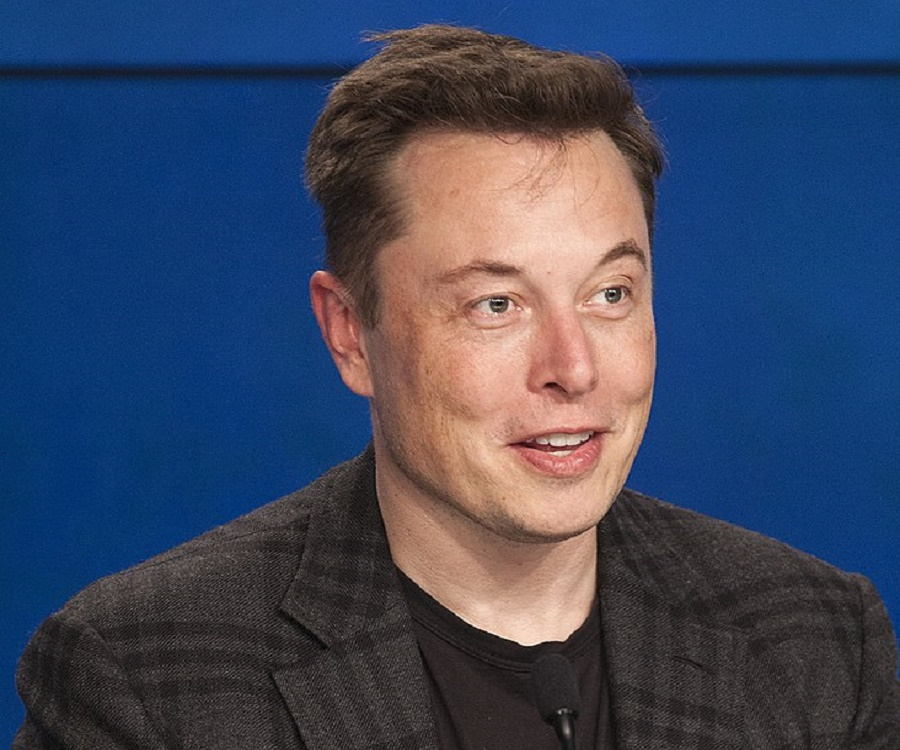
The context notes that Elon Musk is reportedly more closely involved in politics than any chief executive in recent memory. The current challenges faced by the company and the controversies surrounding the brand under his leadership lead to the observation that “it is clear there is a reason why other company leaders shy away from it” – referring to deep political involvement.
While the path forward for Tesla is uncertain, the company does possess significant financial resources. It has more than $30 billion in cash available, which could be utilized to help fund necessary investments in its various projects, including the robotics and AI initiatives.
Furthermore, there is a possibility that sales could potentially rebound in the coming quarters. This could occur if consumers become fatigued by the protests and boycotts that have affected the brand, similar to how backlash against other companies like Bud Light and Target reportedly did not last indefinitely.
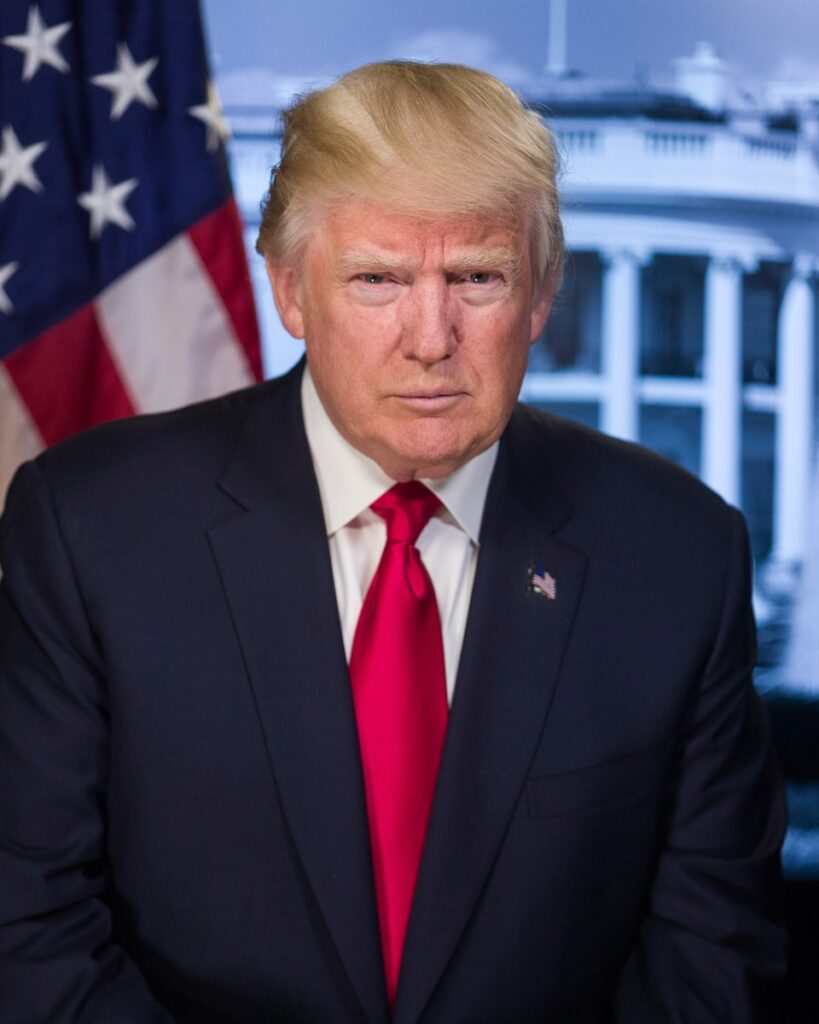
Ultimately, the context suggests that what most car buyers prioritize is value. Additionally, tariffs imposed by President Trump could potentially benefit Tesla, given that the company manufactures the cars it sells in the U.S. market domestically, potentially providing a cost advantage over imported vehicles.
However, allowing the current problems to persist without improvement could potentially “metastasize the problem,” according to the context. From a fundamental business perspective, the context asserts that “it is clearer than ever that Tesla is not the special company it once was.”
This situation is described as “sad in a sense” and one that “didn’t have to be this way.” The context concludes that the challenges Tesla faces are “wholly self-inflicted,” suggesting that strategic choices and leadership actions have played a significant role in its current difficulties.
Read more about: When Clothes Reveal More Than Just Fashion A Deeper Look into Personal Growth

It is worth noting that amidst these challenges for Tesla, there have been recent rumors circulating. On Wednesday, reports suggested that Elon Musk may potentially step down from his role with DOGE soon, hinting that perhaps the backlash or pressures he is facing are impacting his decisions.
The picture emerging from the beverage sector, particularly regarding major brewers like AB InBev and Molson Coors, and extending to other areas of the food and alcohol industries facing bankruptcies and closures, paints a clear picture of industries undergoing profound shifts. Declining sales in traditional segments, spurred by changing consumer behavior, economic pressures, and even brand-specific controversies, are forcing companies to reassess operations, cut costs, and make difficult decisions impacting facilities and jobs.
Simultaneously, strategic investments in new, higher-growth categories like ready-to-drink beverages are seen as crucial pivots to offset declines. This restructuring, while challenging in the short term, is presented as necessary for long-term viability.
The inclusion of information about a major company like Tesla, facing its own set of unique challenges including significant sales declines, external scrutiny over business practices, the complexities of international trade, and the impact of its leadership’s political entanglements on brand perception, suggests that navigating intense headwinds is a broader theme across the corporate landscape.
Read more about: Qatar’s $375 Million Twitter Stake: Backing Musk’s Vision or Seeking Influence?
Whether driven by evolving consumer preferences, economic downturns, supply chain dynamics, or the unpredictable nature of public and political sentiment, the recent events highlight a period of significant disruption and strategic repositioning for some of the largest companies operating today. The path forward for these corporate giants will depend on their ability to adapt to these multifaceted pressures and successfully execute their evolving strategies.
It is important to distinguish factual reporting from misinformation. A specific rumor that circulated online in April 2025 claimed that Anheuser-Busch had closed its “iconic brewery in St. Louis, Missouri,” purportedly due to the past controversy involving Bud Light. This claim, referencing the company’s 2023 partnership with transgender influencer Dylan Mulvaney, gained traction among some online users.
However, this claim was explicitly labeled as satire. The rumor originated from sources like the America’s Last Line of Defense Facebook page and The Dunning-Kruger Times website. The owner of the America’s Last Line of Defense network describes its content as satirical, stating, “Nothing on this page is real.” Similarly, The Dunning-Kruger Times identifies itself as a subsidiary of this network of “parody, satire, and tomfoolery.”
Despite the online circulation and belief among some users, there was no actual evidence presented to support the claim of Anheuser-Busch closing its St. Louis facility. The St. Louis brewery complex holds significant historical status, having received National Historic Landmark designation in 1966 and special landmark designation by the city in 1971, underscoring its importance and ongoing operation, contrary to the satirical rumor.
Related posts:
AB InBev to shutter Anheuser-Busch distribution facility
Anheuser-Busch forced to close iconic St. Louis brewery after Bud Light controversy?
Canada Halts Musk’s $43M Tesla EV Rebate Claim After Rapid-Fire Sales, Bans Future Subsidies

